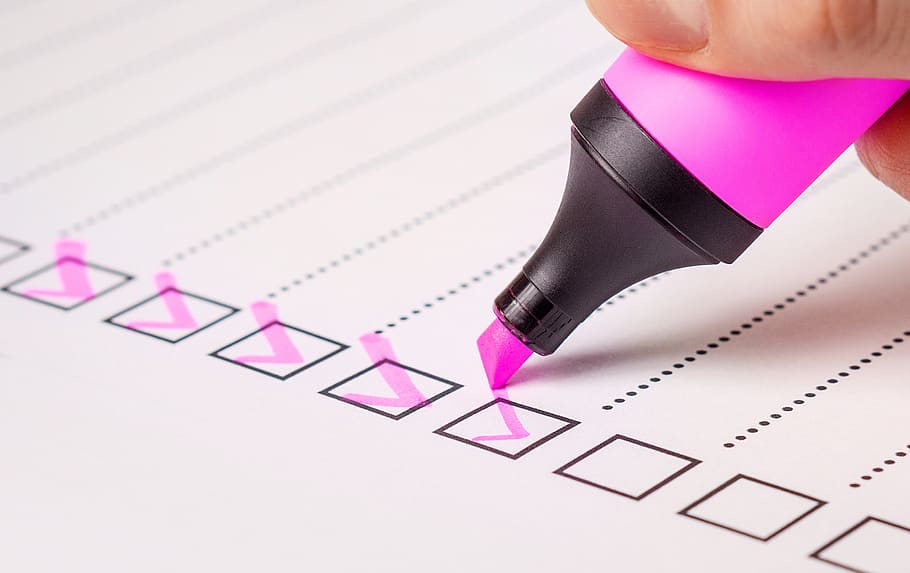Suitable for intermediate CEFR B1+
#LearnEnglishBlog #EnglishwithCara #LanguageLearning #LanguageLearningTips
The internet is an incredibly powerful tool for language learning. There are many fantastic blogs out there that you can read for free to improve your language skills, but this blog has been specially designed to make it easy for you to learn English while you read. Here you will find a range of topics to choose from. There are posts about IELTS, British culture, grammar, vocabulary and current affairs. All posts are labelled with an appropriate CEFR level, from A1 beginner to C2 proficiency, so you can easily search for suitable texts. All posts have a question for you to answer in the comments so that you can practise your writing and most posts include learning activities to guide you in the right direction.
Here are some ideas for how you can use this blog to learn English most effectively
Follow or Subscribe

Once you have found a great blog from which to learn, you'll want to make sure you see new posts to keep up to date with your learning. The easiest way is to click follow or subscribe so that you can be sent notifications when new blog entries are posted. You could also use an RSS reader, which is an app that can give you updates from multiple blogs all in one place. Simply download an RSS reader, like Feedspot or The Old Reader, and copy and paste the blog's URL to start receiving regular updates.
Choose posts suitable for your level
This blog is designed with English learners in mind. All posts are graded to an appropriate CEFR level. You can find the CEFR level at the top of each post and use the tags to find other posts at your current level.
Make predictions
Making predictions, or guessing what a text will be about by reading the title and looking at pictures, is an important reading skill to develop in your language learning. Before you read a text try looking at the title and pictures (if there are any) and writing down some sentences or vocabulary that comes to mind. When you've finished reading, check to see if your predictions were correct!
Find important words to get the main idea
As you are reading try marking or highlighting the most important words in a paragraph. It's important to avoid highlighting everything. The most important words in a paragraph are usually nouns. Once you have identified the most important words you can summarise the main idea of each paragraph and focus on any new vocabulary.
As you become more confident in your reading you can highlight different grammatical structures that you are focusing on. Try reading through a scientific article and highlighting noun phrases or the passive form, for example. This exercise can help you to notice patterns in the language and improve your own writing skills.
Complete activities

English learning activities are included in many posts in this blog. This is a unique feature of this blog because it has been specially designed for people learning English. There are many other great blogs for learning English that don't have activities, but there are usually questions embedded within a text that you can either answer in the comments or use to focus your writing practise with pen and paper.
Read aloud
Reading texts aloud is a great but often underrated technique to improve your confidence and pronunciation in speaking, even when you don't have a teacher or a friend to listen. In fact, reading aloud is so important that it is a skill every child must practise at school to learn their native language! You could even use a recording devices on your mobile or computer to record yourself reading, which will help you to notice errors and mistakes so that you may correct them more efficiently.
Comment

Language is communication so the best way to learn any language is to interact with people! Every blog has a comments section for you to write how you feel about the topic of the blog post, to answer any questions the blogger introduced or to interact with the blog writer and other readers. I recommend using this facility as much as you can to get free feedback on your writing! Who knows, you might even make some new friends along the way.
Keep a reading journal

Keeping a reading journal can help you record new vocabulary in a meaningful way and encourage you to write regularly. It can also be highly motivational to look back and notice how many new words you've learnt and how far you've come. Reading for just 15 minutes every day can really accelerate your English learning.
You can turn any notebook into a reading journal by creating a table with columns for date, title, new vocabulary and summary notes. If you prefer technology, why not create a spreadsheet in MS Excel?
Write a summary

Blogs sometimes contain facts and usually present an opinion. After reading a blog post, try recording your own thoughts and opinions by writing a brief summary of the topic. This activity not only develops your writing skills, but can help prepare you to speak about complex topics in conversation. A summary should be short and concise. Try writing down your views in only 5 - 10 sentences or setting a 5 minute timer to complete your writing.
Do you have any top tips for using blogs to learn languages? Share your ideas in the comments!


This comment has been removed by a blog administrator.
ReplyDelete